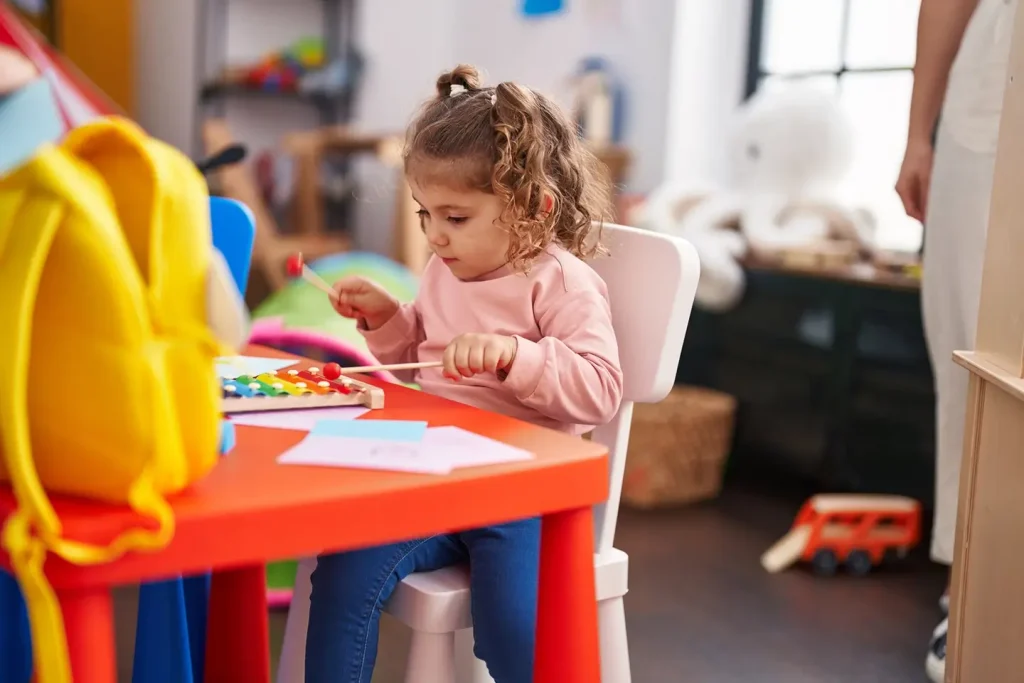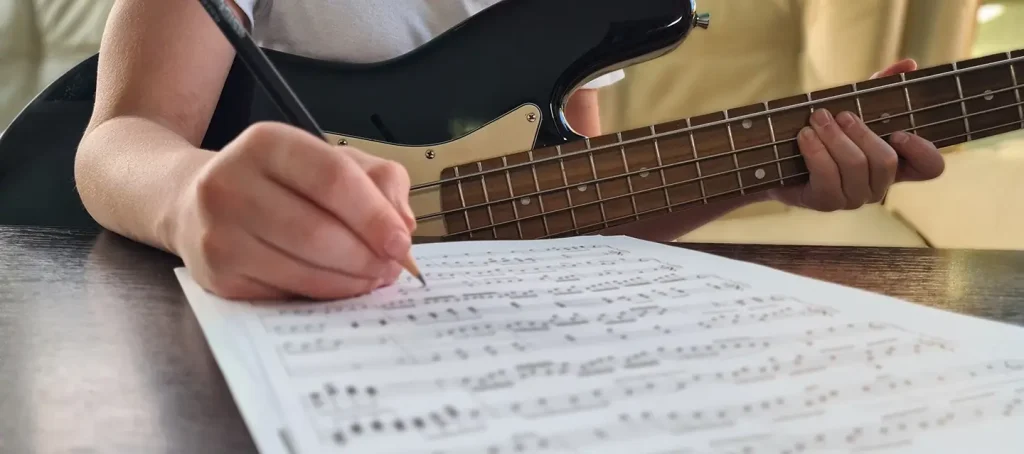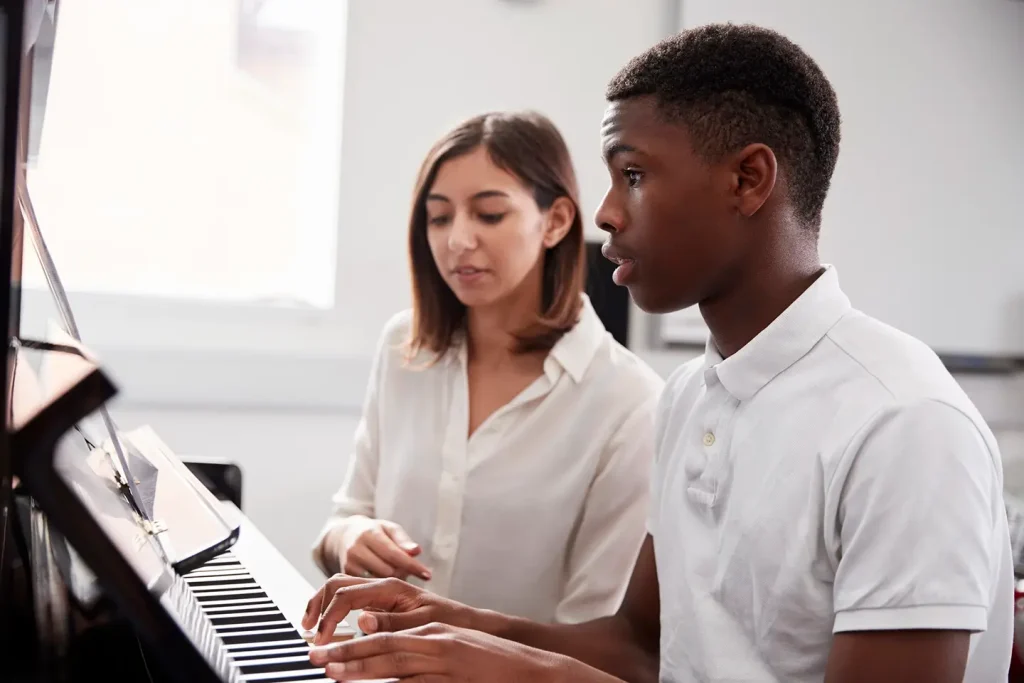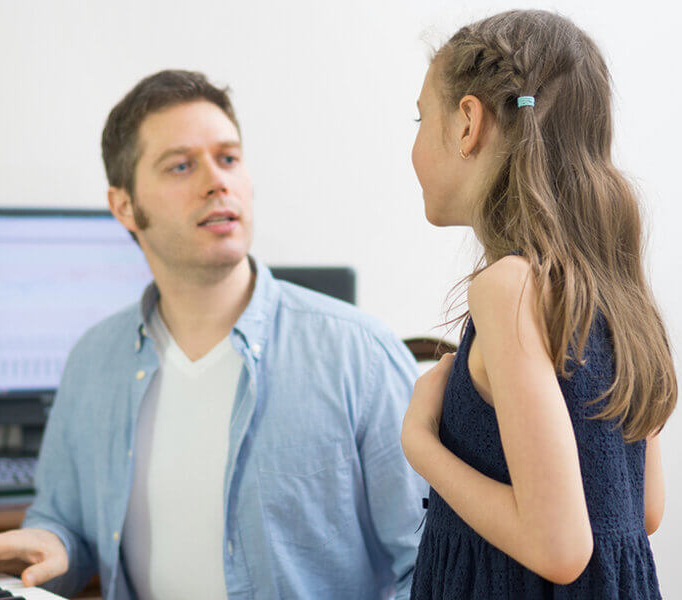Have you ever noticed how effortlessly we move to the rhythm of our favorite songs or how we instinctively tap our feet to a catchy beat? Rhythm is more than just a musical element—it’s a fundamental aspect of human communication and plays a crucial role in speech and language development. Let’s take a look at the fascinating world of rhythm and the profound impact on the way we learn to speak and communicate.
From the moment we’re born, we’re surrounded by rhythm. The cadence of our parents’ voices, the rhythmic patterns of nursery rhymes, even the sounds of nature—all contribute to our understanding and use of language. Research has shown that babies are born with an innate sensitivity to rhythm, and exposure to rhythmic patterns from an early age can have significant benefits for speech and language development.
So, why is rhythm so important for speech and language? Well, think of rhythm as the scaffolding upon which language is built. Just as a strong foundation supports a sturdy building, a rhythmic framework helps organize and structure language, making it easier for us to understand and produce speech sounds. When we speak or listen to rhythmic patterns, our brains become finely attuned to the nuances of language, helping us to detect and replicate speech sounds with greater accuracy.
But the benefits of rhythm go beyond just speech and language. Studies have shown that exposure to rhythmic patterns can also improve auditory processing skills, attention, and memory—all of which are essential components of language development. Additionally, rhythmic activities, such as clapping, tapping, or singing along to music, provide valuable opportunities for motor skill development and social interaction in babies and toddlers, stimulating their growing brains and fostering essential cognitive abilities. Whether they’re banging on drums, shaking maracas, or swaying to the rhythm of a lullaby, babies are actively engaging with their environment and building connections in their brains that will shape their development for years to come.

At Imagine Music Baby and Toddler Classes, we’re passionate about harnessing the power of music to support infant and toddler development. Led by an experienced teacher (who also holds a Bachelor of Education) our classes provide a nurturing and supportive environment where children can explore rhythm, melody, and movement at their own pace. Want to learn more about our music teachers and the qualities they possess? Check out our blog “What Does it Take to be a Music Teacher?” (https://imaginemusiclessons.ca/what-does-it-take-to-become-a-music-teacher/)
Our classes have interactive songs, rhymes, and games, allowing children the opportunity to explore rhythm, melody, and movement in a fun and supportive environment. We are passionate about fostering a love of music and language in children of all ages, and our classes are tailored to meet the unique needs of each child. Read more about our desire to instill a love for music in children at our blog post “Inspiring Students to Enjoy Music” (https://imaginemusiclessons.ca/inspiring-students-to-enjoy-music/).
If you are the parent or caregiver or children ages 0 to 4 years old, we invite you to join us at Imagine Music Baby and Toddler Classes and discover the transformative power of rhythm for speech and language development. Together, let’s tap into the rhythm of language and unlock the potential of every child.
Remember, when it comes to baby and toddler development, the power of rhythm knows no bounds.
Ready to embark on your musical adventure? Contact us at 403-971-7120 or visit https://imaginemusiclessons.ca/baby-toddler-music-classes
Imagine Music Inc has been teaching music lessons online, in-home or in studio in Calgary, Alberta for 30 years. We can help guide you through the process of finding the right music teacher for you. We also have different music lessons options for every type of music student. Our teachers have varying experience levels, musical teaching styles, education, and performance. Since 1994, Imagine Music has been teaching and mentoring lifelong skills through the love of playing music. Contact us today and begin your musical journey.











